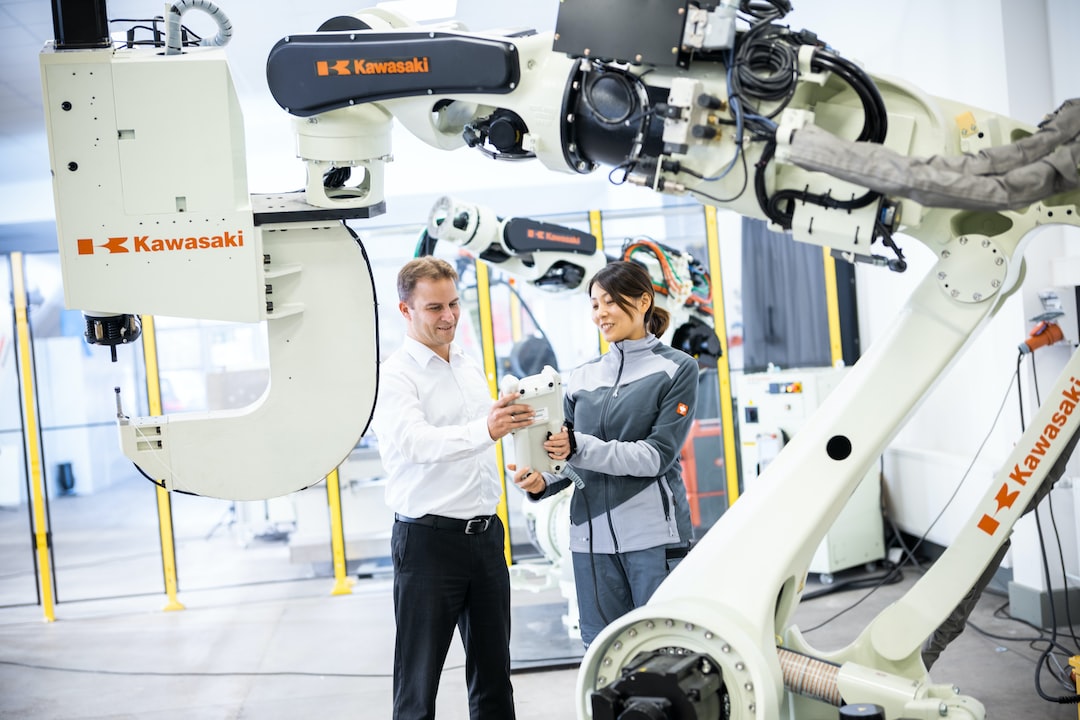The Role of Robotics in Modern Manufacturing
Over the past few decades, the manufacturing industry has witnessed a significant shift towards automation and robotics. With the advent of advanced technology, robots have made their way into various aspects of the manufacturing process, revolutionizing the way products are made. From assembly lines to quality control, robots have become an integral part of modern manufacturing. In this blog post, we will explore the role of robotics in modern manufacturing and its impact on the industry.
One of the primary roles of robotics in modern manufacturing is in the automation of repetitive and mundane tasks. Traditional manufacturing processes often involved manual labor, which was not only time-consuming but also prone to errors. By employing robots to perform these tasks, manufacturers have been able to improve efficiency and productivity. Robots can work flawlessly for long hours without getting fatigued, thus increasing the overall output. This allows manufacturers to meet the demands of a rapidly growing market while maintaining consistent quality standards.
Moreover, robots have proven to be highly accurate in performing intricate tasks that require precision and attention to detail. For instance, in the automotive industry, robots are used to weld parts together, ensuring a precise and secure joining. The use of robotics eliminates the risk of human error and results in higher quality and reliability. Additionally, robots are capable of working in hazardous environments that may pose a threat to human workers. They can withstand extreme temperatures, handle toxic substances, and operate in high-risk areas without risking human lives.
In addition to improving efficiency, the integration of robotics in manufacturing has also led to cost savings for companies. While the initial investment in robotics can be substantial, the long-term benefits outweigh the costs. Robots can work continuously without breaks or vacations, leading to maximum utilization of resources. They also reduce the need for human workers, minimizing labor costs and the associated expenses such as healthcare and insurance. Furthermore, robots can operate at higher speeds, reducing production time and allowing manufacturers to meet tight deadlines.
Another crucial aspect of the role of robotics in modern manufacturing is the ability to adapt and customize production. With the rise of consumer demand for personalized products, manufacturers need to be flexible and responsive to market trends. Robots can be programmed to handle a wide range of tasks, allowing manufacturers to quickly switch between different products and variations. This flexibility enables companies to meet individual customer requirements, resulting in higher customer satisfaction and loyalty.
Moreover, the integration of robotics has paved the way for the implementation of advanced technologies such as artificial intelligence (AI) and machine learning. These technologies enable robots to learn from past experiences and adapt their behavior accordingly. For example, robots can analyze data from quality control inspections and automatically make adjustments to improve the production process. AI-powered robots can also predict maintenance needs, reducing downtime and optimizing efficiency. By harnessing the power of AI, manufacturers can achieve higher levels of productivity and accuracy.
The role of robotics in modern manufacturing goes beyond simply replacing human workers. It is about enhancing the overall manufacturing process and maximizing efficiency. Robots enable manufacturers to achieve higher levels of productivity, accuracy, and flexibility while reducing costs and human error. With the continuous advancements in technology, robotics will continue to play a vital role in shaping the future of manufacturing. As the industry evolves, companies that embrace robotics will gain a competitive edge in the market.

